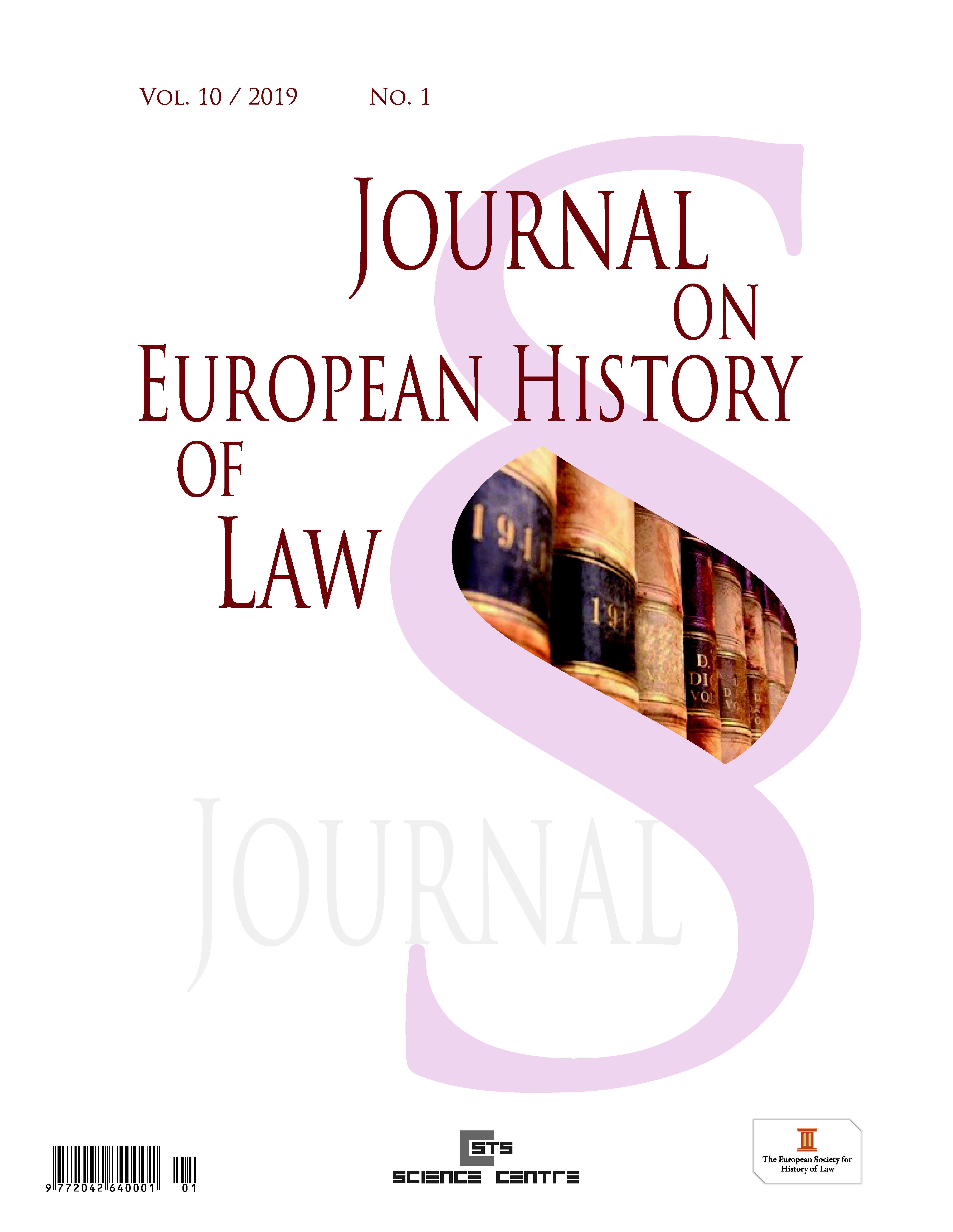Two Divergent Approaches to Comparative Legal Studies in Europe and Their Implications for Legal History
Two Divergent Approaches to Comparative Legal Studies in Europe and Their Implications for Legal History
Author(s): Dmitry PoldnikovSubject(s): History, Law, Constitution, Jurisprudence, History of Law
Published by: STS Science Centre Ltd
Keywords: comparative legal history; legal scholarship; methodology; post-modern cultural studies; Eurocentrism; contextual comparison; hidden legal formants;
Summary/Abstract: Comparative legal studies have established themselves as the reaction of legal scholarship towards the legal diversity of our shrinking world today and in the past. Despite their potential, such studies occupy a marginal place in legal curricula and practice across Europe. This unhappy situation has brought about debates within the community of comparatists about possible causes and eventual remedies. In this paper, I look at this debate as the incarnation of the century-long confrontation among 'erudite' and 'pragmatic' legal scholars; the former group identify with the agenda of Rodolfo Sacco and the latter are led by Basil Markesinis. My aim is to draw implications from this debate for comparative legal history. In order to do so, I begin by introducing the main tenants of the two 'schools'. Secondly, I investigate the main stumbling blocks of the debate between them: Eurocentrism, the selective scope of research, interdisciplinary and cultural studies. Thirdly, I contemplate the implications of the debate for legal history and a possible synthesis of the two approaches suggested by Uwe Kischel. My main point here is to encourage legal historians in two respects: (1) to engage in cooperation with comparatists in order to enhance our understanding of the context(s) and the paradigm(s) of European legal culture in the face of the ongoing internationalisation of law and legal studies and, (2) to pursue the task of revealing the hidden factors that slow down the transformation of positive law when the changing world calls for it, as is the case with acknowledging new kinds of legal subjects.
Journal: Journal on European History of Law
- Issue Year: 10/2019
- Issue No: 1
- Page Range: 68-75
- Page Count: 8
- Language: English
- Content File-PDF

